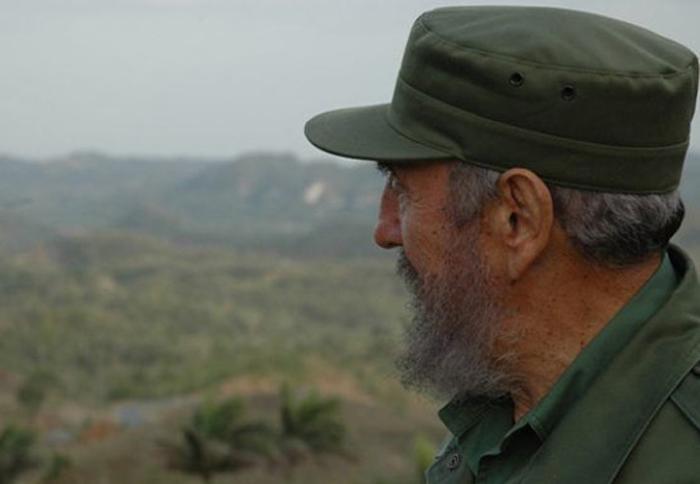Fidel Castro’s creative work goes overseas as the maker of a revolution of the humble, by the humble and for the humble.
On November 25, on the seventh anniversary of his death, Cuba solidarity organizations, institutions and people in general in different part of the world highlight Fidel Castro’s thinking as a humanist and intellectual.
In his homeland, tribute is paid with respect to the undefeated leader who, at a very young age, led the attack on the Moncada Garrison, the Granma Yacht expedition and the armed struggle in the Sierra Maestra, which led to the triumph of the Revolution on January 1, 1959.
Sensitized to the problems of the world, the Cuban leader, a supporter of José Martí’s ideas by conviction, provided unselfish help to various peoples by sending brigades of teachers and doctors, among other specialists, to intricate places.
As a statesman, Fidel Castro was seen standing on tribunes such as the United Nations, defending the rights of the peoples of the Third World to be free, independent and to develop without being tied to wealth-spoiling capitalism.
Having become a revolutionary who reinterpreted reality and rejected all dogmas, Fidel Castro reflected on his patrimonialist vocation when he expressed in a Congress of the National Union of Writers and Artists of Cuba (UNEAC) that culture was the first thing to be saved.
As late renowned historian Eusebio Leal said, Fidel Castro not only worshiped truth, but also informed himself, studied, knew the world, and that was why he survived the universal revolution. He made his own revolution and saw it in all the stages of its history.
 Escambray ENGLISH EDITION
Escambray ENGLISH EDITION





Escambray reserves the right to publish comments.